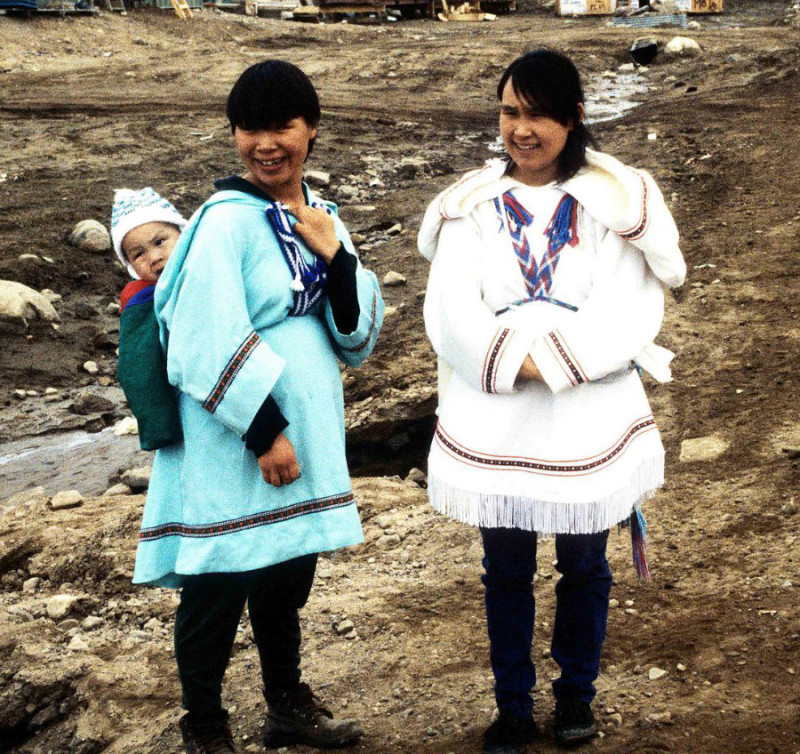The struggle for the aboriginal community in Canada has been an arduous one. And a sense of acceptance, recognition, and their healthcare rights are the immediate outcomes of this long struggle. Be it the First Nations, Inuit, or the Metis, all of them have various levels of the government working towards their health care rights. Some of the major wellness concerns for the aboriginals are higher rates of infant mortality, injury, suicide, and chronic and communicable diseases. Are you part of the aboriginal community in Canada? Have you been looking for legal help to secure your rights as a member of the aboriginal community. If so, then you would want to know the following facts about your healthcare rights in Canada.
First Nations and Inuit Health
Indigenous Services Canada is a federal entity that works towards the betterment of the First Nations and Inuit individuals, their families, and communities. They work with various partners to improve health outcomes and provide access to quality health services. They also work towards supporting the original health systems of the First Nations and Inuit.
These collective efforts has reduced the gap in the overall health status of the First Nations and the Inuit community. Some of the activities that the First Nations and Inuit Health Branch (FNIHB) have conducted include:
- Community based health promotion and disease prevention program
- Primary, home, and community care services
- Programs to control communicable diseases and address environmental health issues
- Non-insured health benefits to supplement those provided by provinces, territories, and private insurers.
Non-insured Health Benefits (NIHB) of people of the First Nations
The Non-Insured Health Benefits Program provides eligible First Nations and Inuit with coverage for a specified range of medically necessary health-related goods and services when not covered through private insurance plans or through provincial health and territorial programs.
Some of the benefits under NIHB include prescription drugs, over-the-counter medication, medical supplies and equipment, mental health counselling, dental care, vision care, and medical transportation.
While there are several healthcare provisions for aboriginals in Canada, not everybody is always able to get proper assistance when needed, as was recently unearthed by the Canadian Human Rights Tribunal’s ruling on Health Canada. If you need to seek help, get in touch with a lawyer.

